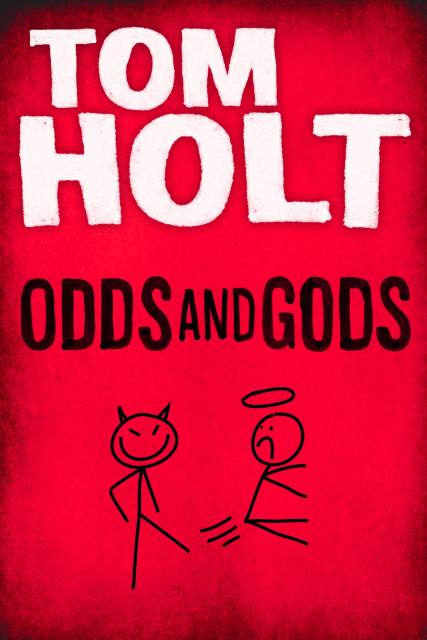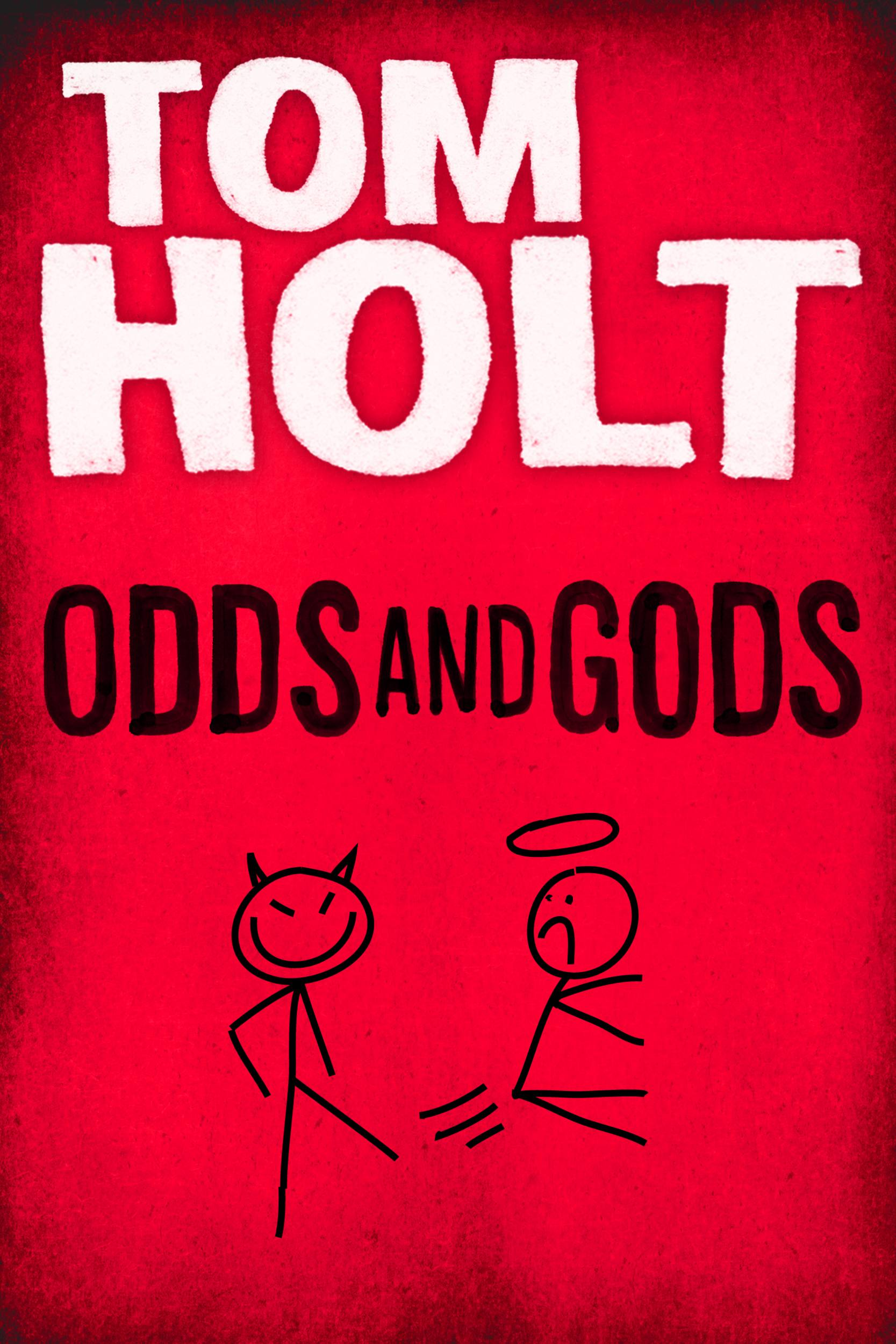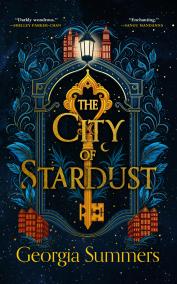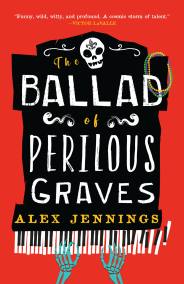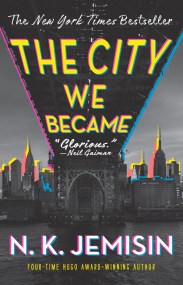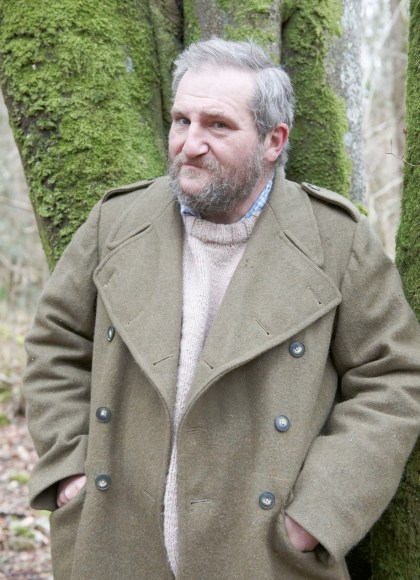Odds and Gods
Contributors
By Tom Holt
Formats and Prices
Price
$4.99Format
Format:
ebook (Digital original) $4.99This item is a preorder. Your payment method will be charged immediately, and the product is expected to ship on or around September 4, 2012. This date is subject to change due to shipping delays beyond our control.
Also available from:
This is a comedy set in the Sunnyvoyde Residential Home. Wagner got it wrong. The Twilight of the Gods isn’t really that cataclysmic. After all, there’s a comfy chair, a welcoming fire and three meals a day.
- On Sale
- Sep 4, 2012
- Page Count
- 350 pages
- Publisher
- Orbit
- ISBN-13
- 9780316233200
Newsletter Signup
By clicking ‘Sign Up,’ I acknowledge that I have read and agree to Hachette Book Group’s Privacy Policy and Terms of Use
